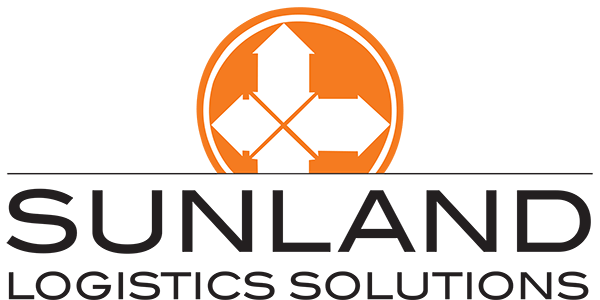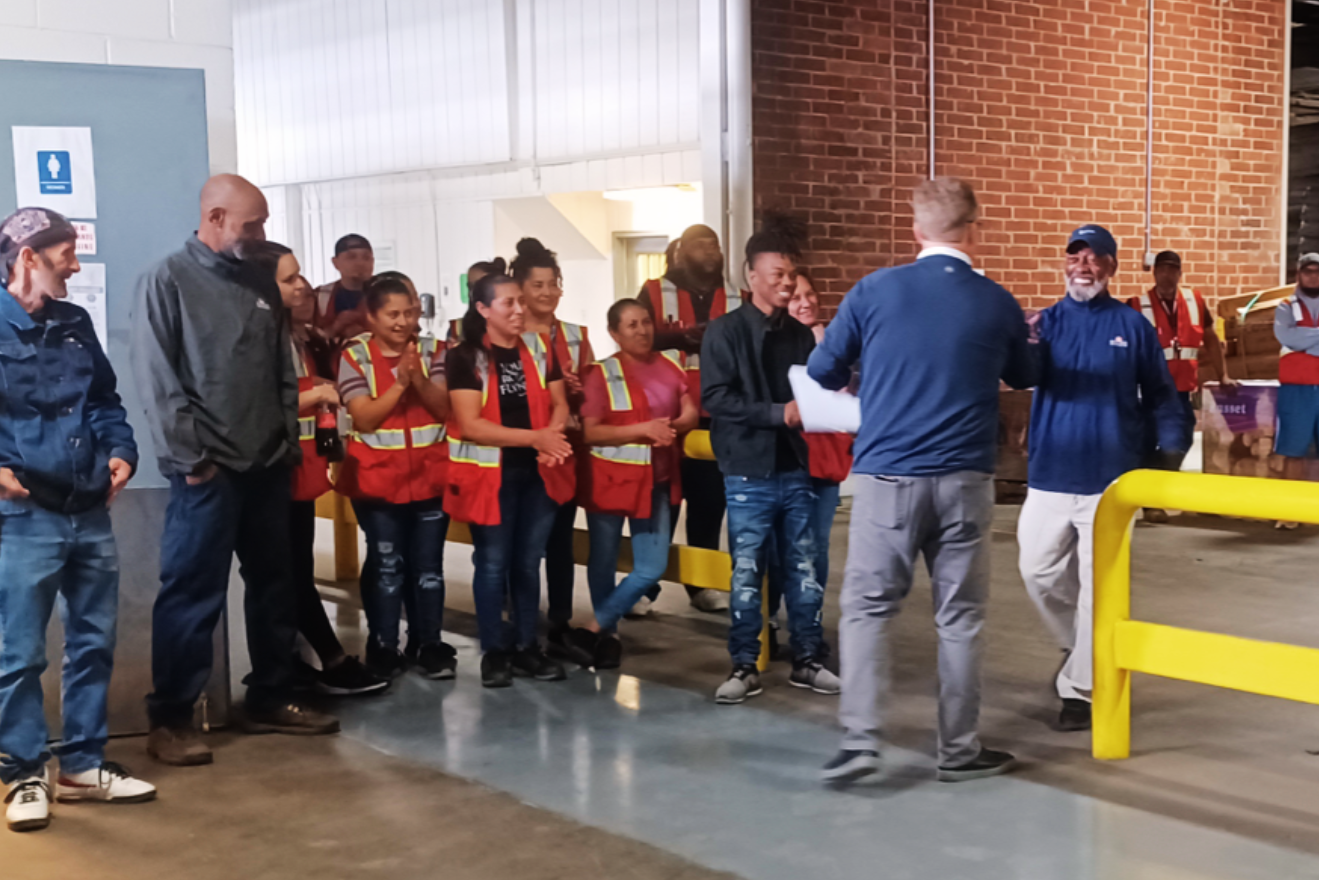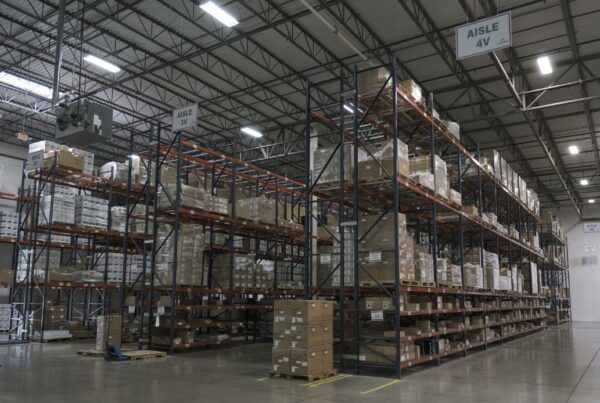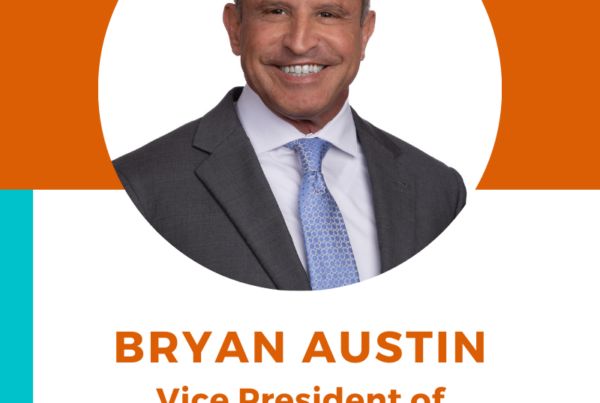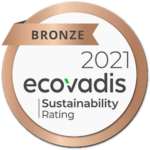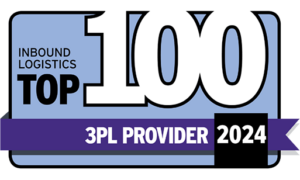Continuing our series on the topics we started to explore through the Voice of the Customer event we bring together key members of the TrailPaths team; Robert Martichenko, TrailPaths Founder, Dr. Chris Breeden, Social and Personality Psychologist at Wingate University and Dr. Annie Wilson, Industrial Organization Psychologist at Western Carolina University.
In addition to the TrailPath’s team, Jasmine Gorie, VP of Human Resources, Sunland Logistics Solutions joins the conversion to highlight how the goals and processes TrailPath aims to explore are being enacted throughout Sunland.
This conversation will explore, creating a workplace that’s meaningful for employees, retention and labor attraction strategies and how the changes in the supply chain and logistics industry are requiring smarter, more employee-focused policies.
Robert, could you please tell us about TrailPaths and its relationship to Sunland Logistics Solutions?
| RM | Just like a path starts as a trail and becomes more defined over time, TrailPaths is trying to drive research and education towards creating a more meaningful employment environment. The work that is being done now with Sunland is just the beginning. We’re creating the foundation for what we expect will lead Sunland to its goal of operational excellence. The name is meant to symbolize finding the way to a better employment environment and recognizing that the current definition and understanding needs to be explored, tested, and improved.
With Sunland we aim to do that & help them create the best workplace environment possible. |
Can you expand on some of the intended goals of the Sunland and TrailPaths collaboration?
| RM | From the outset our goal is to ensure that Dr. Wilson and Dr. Breeden’s work is done in a scientific and disciplined way so that our understanding of a meaningful employment environment is based on data rather than subjective opinions.
Once established we plan to develop scalable processes, methods, and tools for Sunland Logistics Solutions to implement a meaningful employment environment. This will involve three things:
|
What are some macro labor trends that are currently impacting the supply chain industry?
| RM | There are three trends in the workforce that are shaping the future of business. The first is operational excellence, which focuses on creating a culture of excellence within an organization. We’ve learned a lot from exploring how to do that. The biggest thing we’ve learned is that a supportive culture and people are the most important driver of creating excellence inside an organization.
The second trend is population demographics, resulting in a shrinking workforce and a skills mismatch. This means that there’s going to be a competition for talent, and we’re also going to have a skill mismatch even if there’s people those people may not have the right skills that we need in particular with front line workers. Lastly, there are changing attitudes towards work, with more people wanting to work for themselves rather than for someone else. But, while COVID may have speed this up, these are not COVID related trends they were already happening. COVID simply brought them to the forefront. These trends combined will make it difficult for organizations to attract, recruit, develop, and retain employees. |
| AW | I think Robert really hit the nail on the head with categories. I was in a meeting at a conference earlier this week with the Secretary of State of North Carolina and she was pointing out trends and data of entrepreneurship and new businesses that are just booming; three and four times as much each year as it was the year before. |
| CB | Post-COVID, we’re in uncharted territory with the rate at which people are changing their employment environments and the types of benefits that people are looking for, which could be pay or a meaningful experience. We’re trying to understand and protect the modern workplace, and that’s where I see our work fitting, particularly in the supply chain industry |
Jasmine, how did Sunland respond to the major shift in the labor market over the last 3 years?
| JG | Early in the pandemic, we received a positive response from our team members when we offered them as much work as possible despite the disruptions. We provided cleaning and maintenance jobs, obtained PPP loans, and implemented safety measures like social distancing and masking. We also continued paid sick time even after it was no longer required and did not lay off any team members. Our team members responded positively and were reliable in their attendance and work performance. We did not take advantage of the situation and they appreciated our efforts to support them during the pandemic. |
What do we believe that employers can do to prepare for some of these challenges?
| AW | To address the challenges of talent shortage and retention, employers are already taking steps such as providing training programs and partnering with community colleges and high school programs to create talent pipelines. These are important measures to ensure that the workforce is equipped with the necessary skills and qualifications, and that employers have a diverse pool of candidates to choose from.
However, simply providing training and recruitment programs may not be enough to retain employees in the long term. It’s equally important to create a meaningful work environment where employees feel valued, supported, and engaged. This means recognizing that employees are whole people with lives outside of work, and that work is just one aspect of their overall well-being. For example, employees may come to work with concerns about childcare, housing, and financial stability. In addition, employers should focus on creating a culture of respect, inclusion, and belonging. This means promoting diversity and equity in the workplace, providing opportunities for growth and advancement, and recognizing employees for their contributions. Overall, creating a meaningful work environment requires a holistic approach that considers the well-being of employees both inside and outside of work. By focusing on training, recruitment, and creating a positive workplace culture, employers can attract and retain top talent and build a strong, engaged workforce. |
Jasmine, what are some current approaches that Sunland uses to attract & retain talent that highlights how Sunland is a workplace striving for excellence?
| JG | Our focus is on retention due to the challenging recruiting market. We engage in activities and encourage team member loyalty to retain our team members. Each site has a weekly engagement activity goal, peer-to-peer recognition, open recognition, and leader recognition. We also encourage team members to provide feedback on how to improve their work environment, empowering them to fix issues on the spot. We want to track people who want meaningful work and to be involved in their work environment.
Our people-driven culture focuses on being individual with our feedback, and we strive to meet everyone’s needs. We attract and retain with the same approach to avoid confusion and maintain consistency in our message. We understand that engagement efforts and a people-centered culture are what retains team members. |
What are some of the ways that TrailPath’s hypothesize that a workplace could become a more meaningful employment environment?
| CB | Dr. Wilson and I approached defining a meaningful employment environment using a data-driven approach. We collected data from employees at Sunland to understand what makes their environment meaningful, including fair pay and benefits, open communication with management, and social connections with coworkers. Our approach is unique because we built our understanding from other people’s perspectives, creating a shared understanding.
There are a few different ways that a meaningful employment environment could be defined, but it is important to consider that different people may have different definitions. Rather than relying on our own ideas of what constitutes a meaningful environment we chose to go to the source and gather data from people who actually work at Sunland. Through this process, they found that some elements of a meaningful employment environment are quite obvious, such as fair pay and benefits. Others, however, may not have been previously considered, such as an open line of communication or a feeling of fairness. |
Jasmine, to end off today what are the goals Sunland is aiming to achieve through the TrailPaths collaboration?
| JG | We want to validate our internal assumptions. We want to go beyond our annual team member engagement survey to check if our organization provides meaningful work.
This year, we partnered with TrailPaths to further validate our team members’ perception of meaningful work with a data-driven approach. We believe that people and culture are the differentiators in creating a meaningful work environment. While technology and automation are helpful, people are still relationship-driven. We want to substantiate what we’re already doing and grow strategically as an organization. As we partner with new customers, we want to leverage the information gathered to inform our path forward. We’re excited to use the conclusions from this partnership with TrailPaths, just like we would with our engineering solutions for warehousing. |
